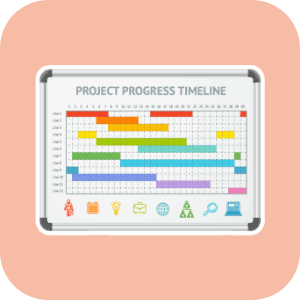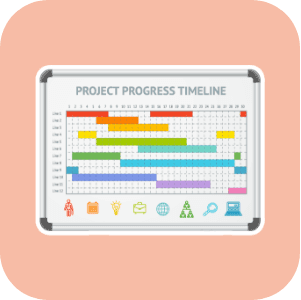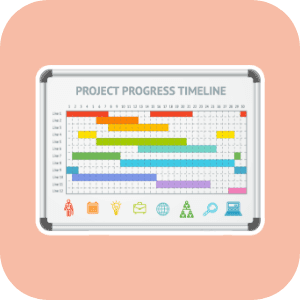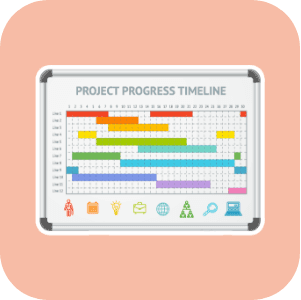
Upskilling in a Data Driven Workforce
It is no surprise that today’s data driven digital natives require exposure to the large amounts of data generated by our technology infrastructure. According to the U.S. Chamber of Commerce Foundation 90% of the world’s data was generated in the last two years dating back from 2013 (Bradshaw, 2013). More importantly one could argue that the digital age has grown significantly and has had a major impact on organisation success. This is an indication that more and more roles are being created where having the skills to draw valuable insights from large data sets is imperative. Much like organisations are dependent on digital networks as inputs and outputs to perform communications they are also reliant on data analytics as both and inputs and outputs to make more informative decisions that would benefit the overall success of the organisation. With that being said, what are some of the considerations that one should take into account when planning to upskill yourself to better prepare for the demands of the data driven workforce?
Understanding big data trends
Regardless of the career you wish to pursue in a data driven economy it is of utmost importance to understand what big data is and why the trends matter. This holds true for a career in data science, data analytics and even data engineering. Big data is best described as the massive amounts of data being generated in various formats on a global scale by various systems (Segal, 2019). Big data has three core properties – volume, variety and velocity. Volume refers to the amount of data being generated, while variety refers to the different formats in which data exists and velocity describes the speed at which big data grows. Organisations often use data mining techniques to extract valuable insights from big data for various reasons and this allows them to participate in the data driven economy.
Identify roles that are highly favoured in the data driven workforce
Before upskilling oneself it is extremely useful to identify the trends of the labour force in the domain in which you would like to pursue a career in. In this case, data driven roles often have a technical component. By exploring trends and identifying roles that are in high demand by organisations, you will be in a much better position to find something that really interests you and that is well sought after. An excellent way to achieve this is to make use of platforms that specialise in employment and recruitment, these platforms will often publish data on in-demand roles both locally and globally. Indeed and Upwork are two examples of such platforms. In fact, Upwork recently published a list of in-demand jobs and skills for 2019 to 2021. Among the jobs that were identified, data analytics was a key skill for organisations who are seeking to solve complex problems and make data driven decisions to improve business processes (Brooks, 2021).
Invest in your education
Once you have a fairly good idea of the in-demand job roles and skills, the next step is to actively invest in your education. This can easily be achieved by exploring existing platforms that offer short courses with an underlying focus on equipping you with the skills required to participate in the data driven workforce. In a world where we have generated so much data, a significant portion of that is content that is specific for educational purposes. With that in mind, a platform such as YouTube is a great resource in the event that you want access to free content or just a place to get started in upskilling yourself. Alternatively, if you are seeking something a bit more streamlined, focused and highly structured then it might be worth signing up for a course on one of the many EdTech platforms which specialise in online teaching and learning. One of the greatest benefits of opting for upskilling on a major EdTech platform is the opportunity to obtain certification upon successful completion of a course, these certificates hold value in that they might be recognised by organisations depending on the reputability of an EdTech company. Many EdTech companies understand the importance of receiving quality education from domain experts and thus are more likely to invest in skilled professionals to produce educational content – this is often baked into the company’s business model as part of the value proposition. There is an obvious trade-off between opting for education on platforms such as YouTube vs EdTech platforms. In the case of the former, it is generally cost free apart from transaction costs associated with internet access and a suitable device, although you do forgo the reputability component. Whereas with the latter, EdTech companies are more likely to offer you quality and reliable education at a premium of course. The one commonality between these two approaches is that they have become a lot more affordable compared to the fees associated with traditional educational institutions such as universities. Apart from this the gap in the quality of education when comparing decentralised online teaching and learning platforms to universities is decreasing at an increasing rate as access to the internet becomes a lot more affordable for the masses on a global scale.



















































